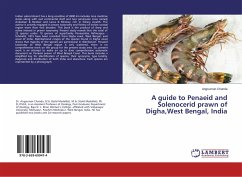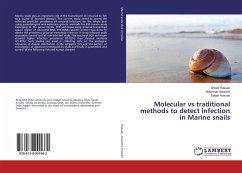All social relationships rely upon an organism's ability to remember conspecifics. The ability to recognize individual conspecifics is crucial in many aspects of an animal's social behavior and this type of memory is critical for the stability of relationships and survival. Individual recognition requires the association of individually distinct information with memories of past experiences. Such recognition may be a specially evolved type of learning and memory and in many species olfaction is important for such recognition. To further understand this complex cognitive function, we developed new behavioral methods for the investigation of individual recognition in golden hamsters and used these methods to study social memory retrieval after aggressive and sexual interactions. These studies provide some clues to further study the neural circuits underlying individual recognition and these methods can be useful to further understand human social memory and social disorders.








